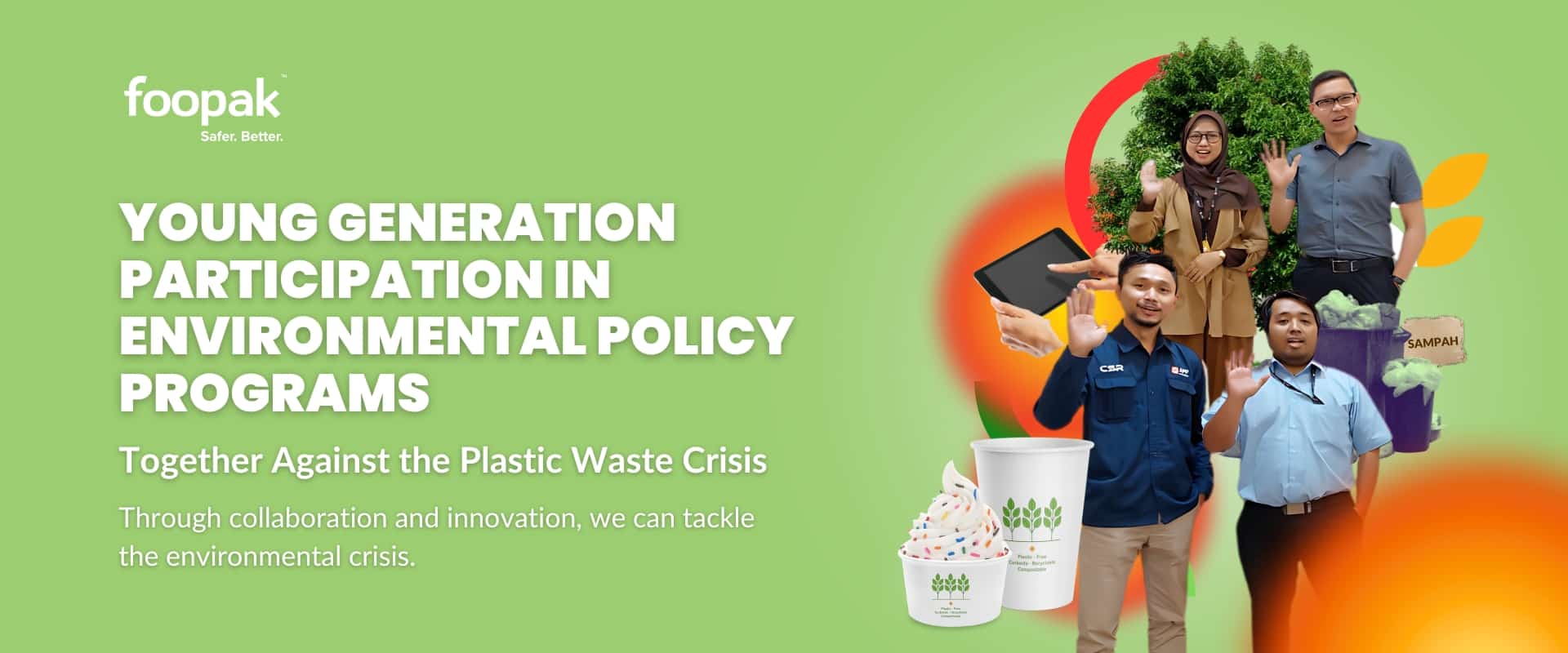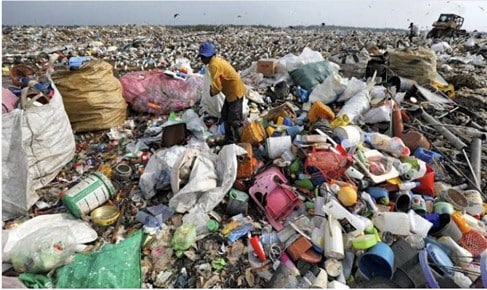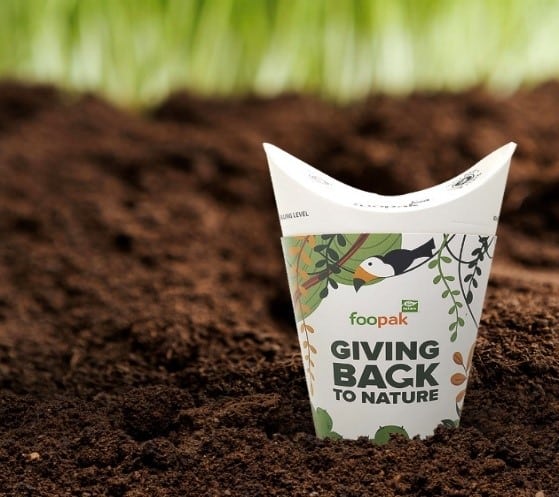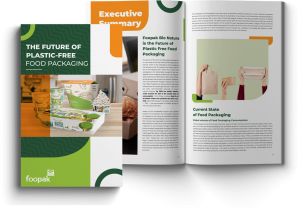
Global environmental problems are undoubtedly a significant concern worldwide. The impact of human negligence and indifference over a long period of time has been felt by all levels of society. Natural disasters that occurring frequently, climate anomalies, declining biodiversity are just a few of the pieces of evidence that show that the earth is experiencing a crisis.

Plastic Pollution. Source : beritabatavia-com
The image above provides clear evidence that the earth is at a crucial time due to human apathy. A pertinent example is the environmental damage in Semarang caused by plastic waste. As the bustling capital of Central Java, Semarang faces significant challenges due to its excessive plastic waste. The potential for large environmental damage due to waste causes several long-term problems, including flooding, skin diseases, and ecosystem damage, as well as clean water sources that are difficult to obtain.
Most environmental crises implicitly mark a new chapter in the ecological crisis, particularly the threat of global-scale environmental damage. According to John Bellamy Foster as a professor of American sociology at the University of Oregon, the emergence of a massive environmental crisis occurred after 1945. Economic activities dominated by large corporations led to the production of synthetic products that do not decompose naturally. The production and use of synthetic products on a large scale has completely disrupted the ecological cycle of the planet so that reconstruction to protect the environment requires involvement from all levels of society.
Every sector plays a crucial role in advancing environmental policies and promoting eco-friendly practices, including organizations, companies, and notably, the younger generation as catalysts for change. A simple example is shifting from plastic to environmentally friendly and easily recyclable packaging for food and beverages. It’s imperative that these efforts be widely embraced and championed by today’s youth, who are the predominant users of social media.
While there is no universally agreed international definition of the youth age group, the UN defines to youth as the group aged 15 to 24 years. Currently, there are 1.2 billion young people aged 15 to 24, making up 16% of the global population. By 2030, this number of youth is projected to increase by 7%, to nearly 1.3 billion.
According to George Arthur Akerlof, an economist from the United States, there are seven stages of levels of concern from the lowest to the highest, including:
- The unconcern stage This is when people show little attention or concern towards a particular issue or innovation. According to George, this lack of individual attention creates doubt about which innovations or actions will be taken.
- The informational stage is at this stage, individuals become aware of and gain knowledge and interest in a new regulation or innovation in their environment. They actively seek more information and engage in discussions.
- The personal stage is here, individuals develop a personal interest and involvement in understanding the issue or innovation.
- The management stage is In this final stage, individuals begin to actively participate and provide input on issues or innovations they consider important.
A midst significant global challenges such as climate change and waste pollution that the world is currently facing, the presence of four innovators from PT. Indah Kiat Pulp & Paper, part of APP, is a story that should be appreciated in facilitating the mobilization of the young generation towards the Environmental Policy initiatives.

Young Innovators APP. Source : Internal APP
The four innovators are Dina Ferydsa Verdiana, Andre Aldrin, Syamsul Rijal, and Agustinus Rheza. Despite their different backgrounds and expertise, they are able to unite in one vision, namely fighting the waste problem which has a negative impact on the environment. This program was successfully realized by PT. Indah Kiat Pulp & Paper Serang Mill aims to change the paradigm or framework for waste management in communities around the operational area. This is a concrete solution for widespread waste problem. The Digital Waste Bank is a waste collection system that allows factories to collect paper waste from local residents for use in the production process. The paper obtained will later be used as recycling material for making white paper, while waste paper is also reprocessed into Biosludge a source of energy for electricity generation at PT. Indah Kiat Pulp & Paper.
Another innovative approach to reducing plastic waste is seen in PT. Indah Kiat Pulp & Paper’s Foopak Bio Natura products, which serve as environmentally friendly packaging paper for food and beverages.

Foopak Bio Natura Biodegradable Paperboard . Source : Internal Foopak
Foopak Bio Natura is designed to be an environmentally friendly food and beverage paperboard packaging solution using certified wood sources, OBA free, high temperature resistant, making this product have a superior function compared to ordinary cupstock. Due to its non-plastic nature, it can be composted within 12 weeks in industrial composting facilities, and 26 weeks in home composting. Foopak Bio Natura can be composted and recycled without adding any chemicals. As an environmentally friendly packaging material, Foopak Bio Natura is one of solution to help reduce plastic waste and clearly support a more sustainable economy.
Understanding the risks of disasters should encourage us to do something now to prevent it. We will only be moved to do something if we are optimistic that what we do will be useful. The initiatives made by Indah Kiat Pulp & Paper above are a clear example of the implementation of a win-win scenario for efforts to support the environment, while providing income opportunities for local communities.

